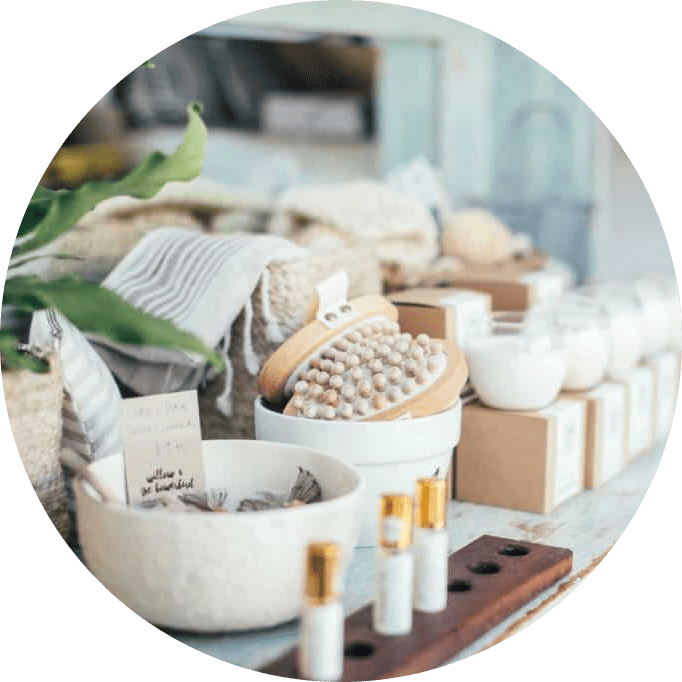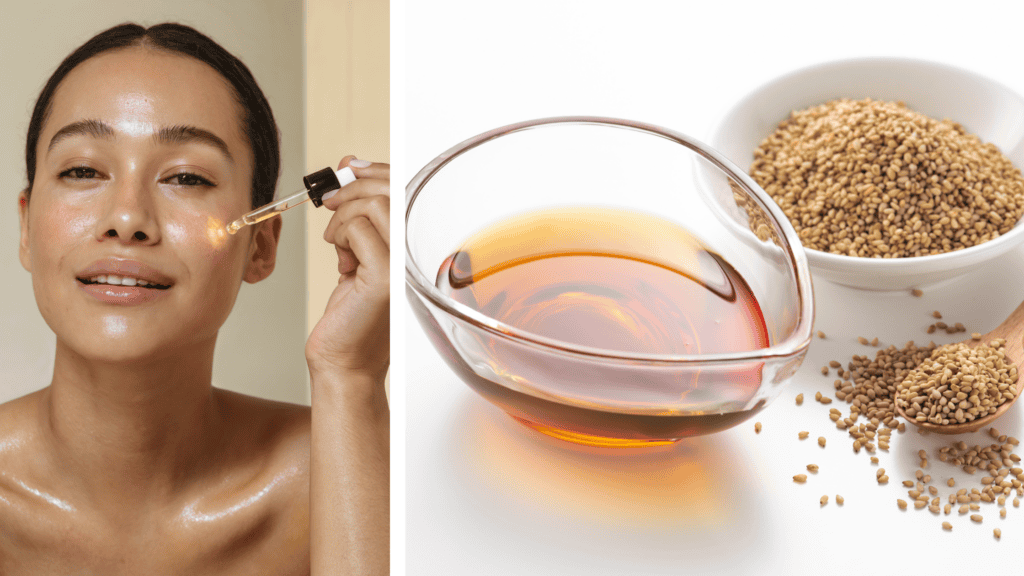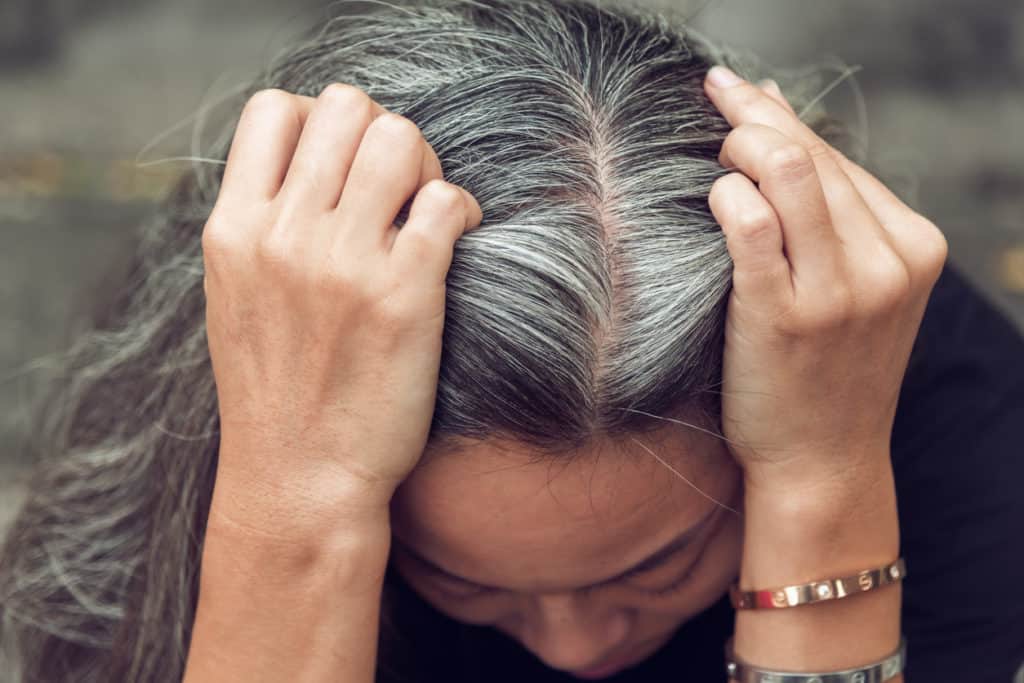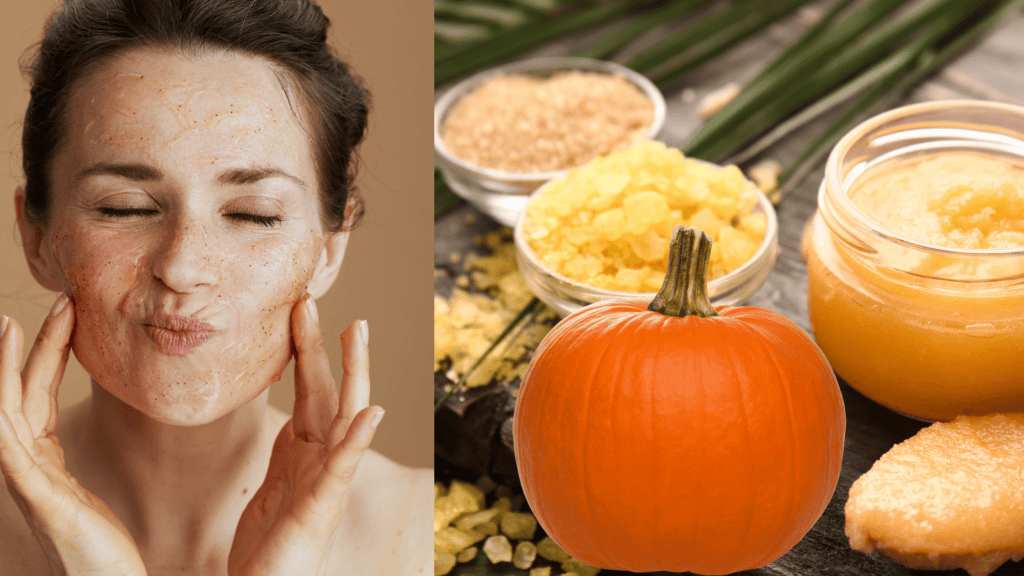Hair treatments that promise to give you the hair of your dreams can be expensive and often do more harm than good. Anyone who has had one too many hair disasters will know the feeling; however, have you considered turning to natural ingredients to nourish and revitalize your hair?
If so, you might have heard about the benefits of using cosmetic clays for hair care. But with so many clays available, it cannot be easy to know which to choose.
Clay is an excellent natural ingredient for hair and goes back to ancient times. Egyptians, Indians, and Native Americans were some early civilizations that used clay for hair care.
In ancient Egypt, Kaolin and Rhassoul clay were used to cleanse and nourish the hair. This ingredient was in the powerful Queen Cleopatra of Egypt’s beauty routine! The Egyptians mixed clay with water and applied it to their hair and scalp, leaving it for a few minutes before rinsing it off.
In India, clay is still used for hair care in Ayurvedic traditions. Ayurvedic practitioners use clay, particularly Bentonite, to treat hair problems such as dandruff, hair loss, and scalp infections. They mix clay with herbs and oils to create a hair mask to nourish and strengthen the hair.
Native Americans used clay for hair care as well. Kaolin, Bentonite, and Red clay were among the varieties of clay that they mixed with water and applied to their hair to remove excess oil and dirt. Red clay, also known as terracotta clay, is rich in iron oxide, giving it its distinctive reddish-brown color.
Red clay has a high absorbency capacity, making it ideal for removing impurities and toxins from the hair and scalp.
Native Americans used clay’s healing properties to help treat scalp conditions such as psoriasis and eczema, keep the hair healthy and robust, and cleanse it.
Clay was often mixed with other ingredients, such as honey, coconut oil, and essential oils, to create a paste that could be applied to the hair and scalp.
What Are The Best Clays For Hair?
The most popular clays today for haircare are Bentonite Clay, Kaolin Clay, Rhassoul Clay, and Fuller’s Earth.
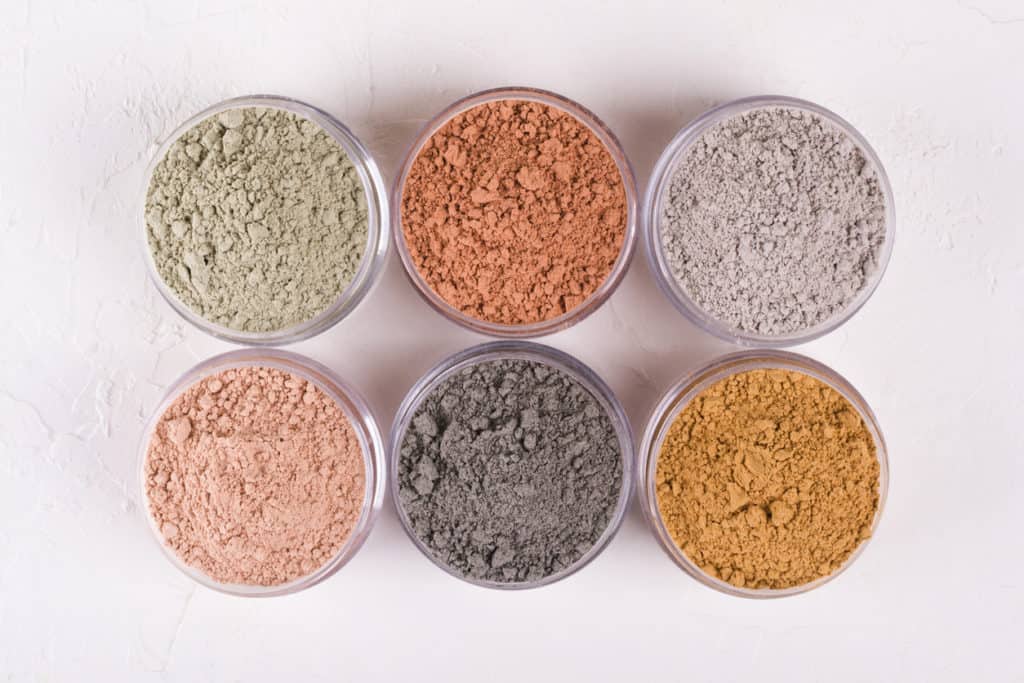
Bentonite Clay For Hair.
One of the most popular clays, Bentonite Clay, removes positively charged particles like dirt, dead skin, and oil from the hair and scalp. Bentonite Clay, formed from volcanic ash, has moisturizing and cleansing properties.
Bentonite Clay has a great capacity to detoxify and thoroughly remove greasy oil buildup. Using a Bentonite mask on hair only needs to be done every couple of months, but you can add powdered clay to natural shampoos or conditioners to enjoy the benefits.
Rhassoul Clay for Hair.
Rhassoul Clay is another clay that swells and blends well with water. It has been used therapeutically for centuries and is popular in spas worldwide for its versatility in addition to soap, shampoos, body washes, and conditioning treatments.
Rhassoul clay has a higher ratio of magnesium and silica than some other clays, making it highly beneficial for hair health.
Kaolin Clay For Hair.
Kaolin clay is another natural clay that is popular for haircare. It is rich in minerals such as silica, magnesium, and calcium. Its excellent absorbent properties make it an ideal ingredient in hair care products. Kaolin clay helps to remove impurities from the hair, leaving it clean and refreshed. It also helps to soothe the scalp, reduce dandruff, and calm irritated scalp conditions.
Kaolin clay is not only used as a cleanser but also as a conditioner. The clay’s minerals and nutrients help to strengthen the hair, prevent breakage and split ends, and promote hair growth.
Find kaolin clay in this first-hand supply Clay Pomade for hold volume and texture.
Fuller’s Earth Clay For Hair.
Fuller’s Earth clay is another popular choice for hair care. This clay comprises minerals such as magnesium, calcium, and silica and is known for absorbing excess oil and dirt from the hair and scalp. Fuller’s Earth clay can help cleanse and detoxify the hair when used on it, leaving it feeling soft and silky.
How Do You Use Clay To Detoxify And Clean Hair?
The rich minerals in clay, such as silica, magnesium, calcium, and potassium, are essential for healthy hair growth, and their absorbent properties help to remove excess oil and dirt from the hair.
Clay is naturally exfoliating, removing dead skin cells that clog hair follicles. If you are experiencing hair loss or limp hair, using clay will leave your hair volumized and cleansed of all oil buildup.
For best results, use a clay mask on clean, damp hair.
- Mix clay powder with filtered water or apple cider vinegar to smooth mud. Half a cup of clay, mixed with three-quarters of a cup of liquid, should be sufficient for medium-length hair. Adjust according to your hair length and needs.
- Please apply to the scalp first, gently adding more to the length of the hair until it is fully covered.
- Cover in cling film or something similar, with a towel over the top. Keeping the mask somewhat damp is essential so it doesn’t dry thoroughly and pull at the hair.
- Leave on for twenty to thirty minutes, and then rinse clear.
Look for clay in natural shampoo bars as a great way to cleanse and detoxify the hair and scalp. The Yellow Bird Peppermint Shampoo Bar Soap includes Kaolin Clay and Sea Salt to help remove unwanted buildup.
Add clay to your shampoos, conditioners, or hair masks to get the most out of this ingredient. Start with a tablespoon of clay and let it absorb into your product, then use as usual. Leave for 3-5 minutes and rinse out as expected!
Clay is fantastic for the hair, especially if you oil your hair and scalp regularly, and it is a great natural ingredient to use in your hair care routines. Don’t forget to use clay for face masks, too. Check out these DIY clay face mask recipes!
This post contains affiliate links; if you purchase through these links, we may earn a small commission, which will not affect your sales.
Glowitgreen.com is a member of the Amazon affiliate link program.
